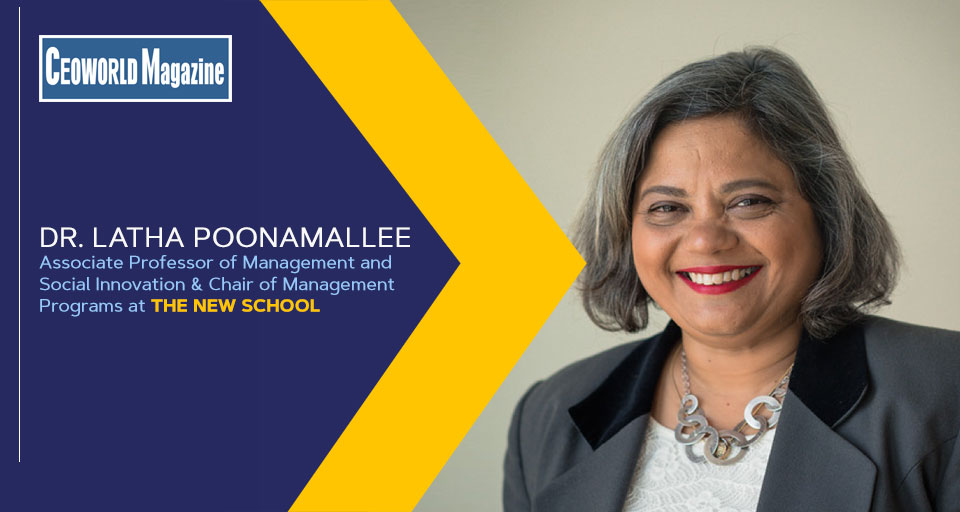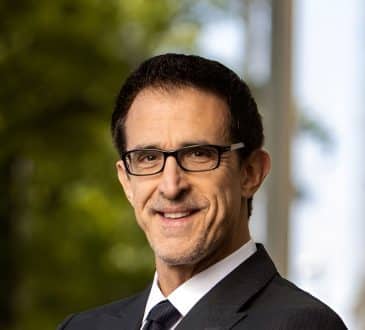Does Culture eat Strategy for Breakfast? Pandemic Diary from a Founder’s Perspective

“Does culture eat strategy for breakfast?” Absolutely yes, especially in moments of crisis like the present pandemic when well-laid strategies and business plans get tossed out of the window as we are hurtling through an unknown space in a fast-moving roller coaster. When we started the year 2020 by launching our product, NeuroShield™ – a first in many ways, especially in underserved markets – we had no idea what were in for during the pandemic year. All plans for early revenues went awry.
Potential investors fell through Covid-19 cracks. We ran into data security issues with a short window to rebuild the cloud security architecture while being forced to announce a 2-month furlough of all employees. We thought that it may be the end of the road for us. We did not know if any of our employees would stay.
We reduced our office space in a hurry and saved some rent money. Despite all the setbacks, not only are we still standing, but we are also flourishing. Our spectacular team and organizational culture saved the company.
“A woman is like a tea bag. You never know how strong it is until it’s in hot water,” said Eleanor Roosevelt. A high stakes situation like the pandemic puts a pre-revenue startup’s culture and commitment to test. Building a collaborative and engaged culture is difficult even in times of plenty and in-person contact.
My co-founder and I share a strong belief our culture and our people are our greatest assets. In our team, everyone from the freshest intern to the senior most employee, everyone punches way above their weight class because they are motivated, engaged and know that we have their backs. Anyone can propose any new idea and the rest of us take it seriously.
People come together in organizations for creating together, having fun, and make collective meaning. Bake it into the DNA of your organizational culture. Do not wait for a crisis to build a collaborative, ownership and curiosity led culture. When people feel threatened about their future, it is difficult to collaborate or support each other because they are too anxious about their own individual repercussions.
Build a value-based culture. First and foremost, we are a human-centered and value driven organization. It is tempting to let our values slide during difficult times, to take short cuts because exigency usually gives permission to engage in bad behavior. Make sure that your values matter even when they are a source of frustration. Employees join a startup for passion, value resonance and faith in the founders. Funders fund the founders and not just the business plan. Let your team see you respect all the stakeholders.
Be humble and let people tell you the truth. If your startup is centered around your own need for primacy, people will stop telling you the truth. All your team members are also protagonists in their stories. Let them shine. If you do not nurture a culture that is safe for risk-taking, it is difficult to get people tell the truth.
Then you will surround yourself with sycophants who sing the tunes you want them to sing and suddenly even in small startups, there are ingroups and outgroups. Deliberately stay away from the in-group out-group dichotomy. Being at the top is lonely. It is natural for the CEO or founders to trust some people more than others until proven but when it comes to ideas, resource sharing, and decision making, treat people fairly and equally.
Select people to positions of leadership based on their appetite for risk-taking, comfort with ambiguity, and adaptability. These are essential leadership qualities to be successful in a startup on any given day and even more so during a crisis. Help your people strengthen these qualities. To do this, leaders need to learn to be accountable while letting others take initiative. I will forever be grateful to one of my early bosses and mentors who would say, “Take the risk. If it goes well, the credit is to you. If it bombs, it is my responsibility.”
Meaningfully reward initiative and risk-taking if you want your people to feel like they are owners. Back up your words with deeds. Provide stock options; celebrate successes and failures. Support their new ideas.You are not the first or last entrepreneur who falls in love with their own product but stay away from getting too attached to the technology or product. Instead, keep your eye firmly on value creating for the market, end users, and your customers. That will help you build an agile culture that can respond quickly.
As a founder, it is important to cultivate equanimity, flexibility, resilience, and cognitive agility. Cognitive agility is the ability to switch between openness and focus and training to be cognitively agile can help improve emotional intelligence, dynamic decision-making, and personal communication skills. When there are multiple ongoing decisions in real time context requires the ability to switch between openness and focus.
A leader does not only have to be comfortable with ambiguity, but they also need to be comfortable in being the container for the anxiety that ambiguity creates among their followers and organizations. Regular mindfulness practice helps develop all these skills through developing empathy, compassion, and emotional self-regulation.
As you learn to listen to yourself, you develop the ability to move from reacting to every stimulus to choosing to respond. You are not controlled by your uncontrollable emotions, but you become adept at managing your own emotions. In the moment between the stimulus and response, you learn to develop the ability to pause. That pause is crucial for empathy, relationship building, and mature adult relationships.
——
Written by Dr. Latha Poonamallee.
Bring the best of the CEOWORLD magazine's global journalism to audiences in the United States and around the world. - Add CEOWORLD magazine to your Google News feed.
Follow CEOWORLD magazine headlines on: Google News, LinkedIn, Twitter, and Facebook.
Copyright 2025 The CEOWORLD magazine. All rights reserved. This material (and any extract from it) must not be copied, redistributed or placed on any website, without CEOWORLD magazine' prior written consent. For media queries, please contact: info@ceoworld.biz









